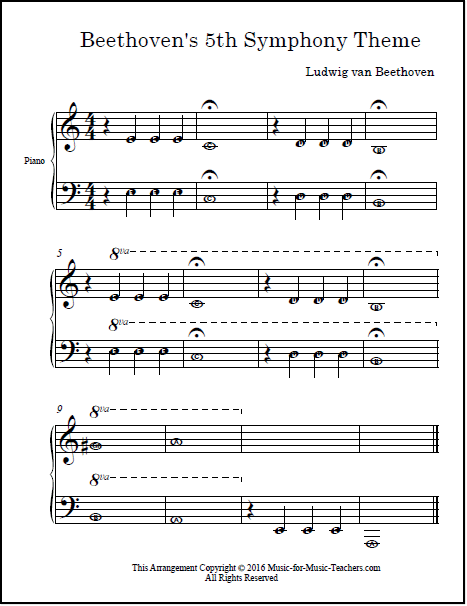
Overall, the following generalizations about classical music can be made: This includes both the music of Classical-era composers as well as the music from other periods and origins, such as pieces by J. However, it’s most commonly used as a broader category for any musical piece that falls within the Western concert music tradition. Strictly speaking, the term is meant for music written in Europe during the 2nd half of the 18th century, also known as the Classical period, with Joseph Haydn, Wolfgang Amadeus Mozart, and Ludwig Van Beethoven being some of the most emblematic composers of this era. What makes classical music classical?Ĭlassical music is an elusive term, with different possible meanings depending on the context. No matter what your skill level is, incorporating classical music into your repertoire is essential for your growth and development as a musician.
PIANO REPERTOIRE LIST BY TECHNIQUE AND DIFFICULTY HOW TO
Additionally, classical music is widely recognized as some of the most intricate and enduring music traditions - if you’re learning how to play piano, this can be a very rewarding way to spend your practice time.


Not only does it provide a foundation for technical skill and interpretation, but it also offers a wide range of styles and emotions that can inspire and challenge pianists of all skill levels.įrom the sophisticated counterpoint in Bach’s works, to the virtuosic pieces by Rachmaninoff, classical music offers a wealth of repertoire that can help pianists develop their technique, expressivity, and artistry. No credit card details required Start your piano journey now! Classical piano music and its importanceĬlassical music is an important part of any pianist’s repertoire.


 0 kommentar(er)
0 kommentar(er)
